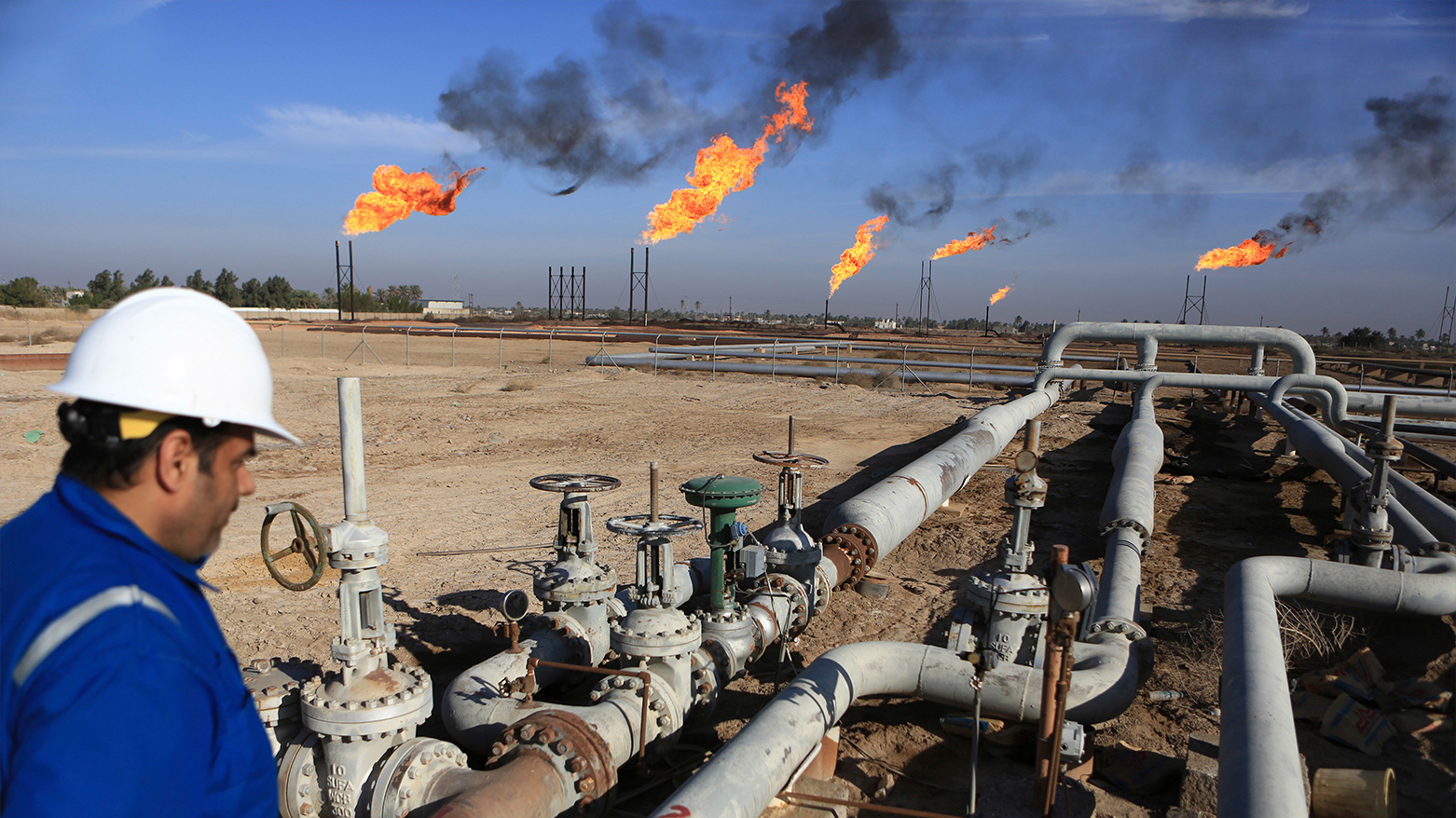US Reviewing Iraq Energy Imports from Iran; Leverage for Resuming Kurdish Oil Exports?
“The U.S. is using the waiver review in part to increase pressure on Baghdad to allow Kurdish crude oil exports via Turkey,” Reuters said.

WASHINGTON DC, United States (Kurdistan 24) - State Department Spokesperson Tammy Bruce explained to journalists on Thursday that the U.S. was reviewing all waivers that it has issued regarding sanctions on Iran.
Her statement was triggered by a reporter’s question during the press briefing about a waiver that has long been regularly issued to Iraq to import Iranian electricity and natural gas.
That waiver, which has been issued for periods of 120-days, is set to expire on Saturday. Asked whether the administration intended to renew the waiver, Bruce responded with a non-committal answer.
That might be surprising—except for a report from Reuters suggesting that the U.S. was using the prospect of sanctions waiver to prod Baghdad into allowing the resumption of Kurdish oil exports.
Bruce’s Statement on Another Sanctions Waiver
Bruce affirmed that the reporter was correct in saying that the waiver expires on March 8. But she added, “At this point, as you might imagine, we have nothing to announce with regards to the current [waivers] which expire on the eighth.”
She then cited National Security Presidential Memorandum Number 2, which Trump issued on Feb. 4 and which re-established the maximum pressure campaign on Iran that he pursued in his first term.
NSPM-2 included a direction to the Secretary of State to “modify or rescind sanctions waivers, particularly those that provide Iran any degree of economic or financial relief.”
There was no specific mention of Iraq in that context, and as Bruce addressed the issue at Thursday’s briefing, she explained, “We are urging the Iraqi government to eliminate its dependence on Iranian sources of energy as soon as possible.”
She also suggested that Washington was making progress toward that objective, saying, “We welcome the Iraqi Prime Minister’s commitment to achieve energy independence.”
Indeed, the U.S. Secretary of State, Marco Rubio, and Iraqi Prime Minister, Mohammed Shi’a al-Sudani, spoke last week, on Feb. 25. It was their first discussion, and it included agreement “on the need for Iraq to become energy independent,” according to the State Department’s read-out of their discussion.
Indeed, the read-out suggested that their exchange was cordial, as it also included discussion of “the U.S.-Iraq strategic partnership and the importance of Iraq’s stability and sovereignty.”
Read More: Rubio, Sudani Agree on Resumption of Kurdish Oil Exports in Cordial Exchange
Their conversation also included the need to resume Kurdish oil exports, and, indeed, significant progress has been made on that issue since they spoke.
Read More: Trilateral talks continue as Kurdistan Region and Iraq seek oil export agreement
Reuters was the first media outlet to report that Washington was pressing Baghdad to allow the resumption of Kurdish oil exports. Thus, on Feb. 22, it reported that the “Trump administration is piling pressure on Iraq to allow Kurdish oil exports to restart or face sanctions alongside Iran.”
Read More: US Imposes New Sanctions on Iran Oil Sales. as KRG Oil Exports Slated to Resume
In reporting on Bruce’s statement at Thursday’s press briefing, Reuters continued to link the issue of sanctions with the resumption of Kurdish oil exports.
“The U.S. is using the waiver review in part to increase pressure on Baghdad to allow Kurdish crude oil exports via Turkey, according to two sources familiar with the matter,” Reuters said.
“Washington wants the increased Iraqi oil to boost supply to the global market and keep prices in check,” Reuters continued, “giving the U.S. more room to pursue efforts to choke off Iranian oil exports”--a key part of the administration’s maximum pressure campaign.